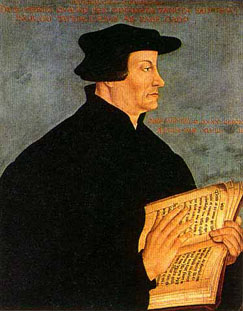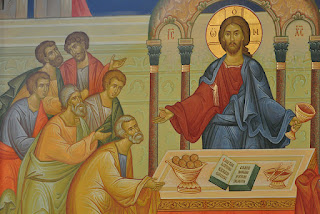Questioning Augustine: Peter Heylyn and the roots of Taylor's Unum Necessarium

Another example of an antecedent for Taylor's critique of a radical Augustinianism in Unum Necessarium is found in Peter Heylyn's examination of the theology of Dort in Historia Quinqu-Articularis: Or, a Declaration of the Judgment of the Western Churches; and more particularly of the Church of England, in the five Controverted Points (1660). Heylyn's work was, of course, published after Unum Necessarium , but it points to an aspect of the Elizabethan Settlement that provides a basis for a critique of radical Augustinianism: there was another Canon passed in this convocation [of 1571], by which all Preachers were enjoined to take special care ... that they should maintain no other doctrine in their publick Sermons to be believed of the People, but that which was agreeable to the doctrine of the Old and New Testament, and had from thence been gathered by the Catholick (or Orthodox) Fathers, and ancient Bishops of the Church. To which rule, if they held themselves as they ...




